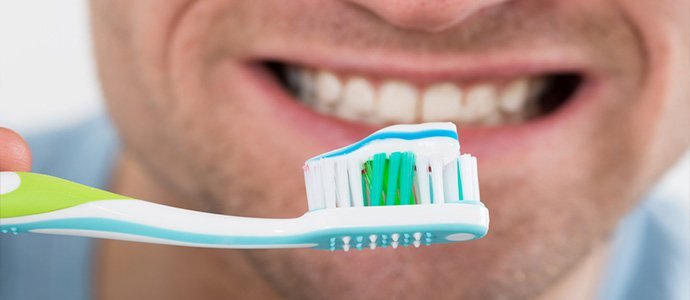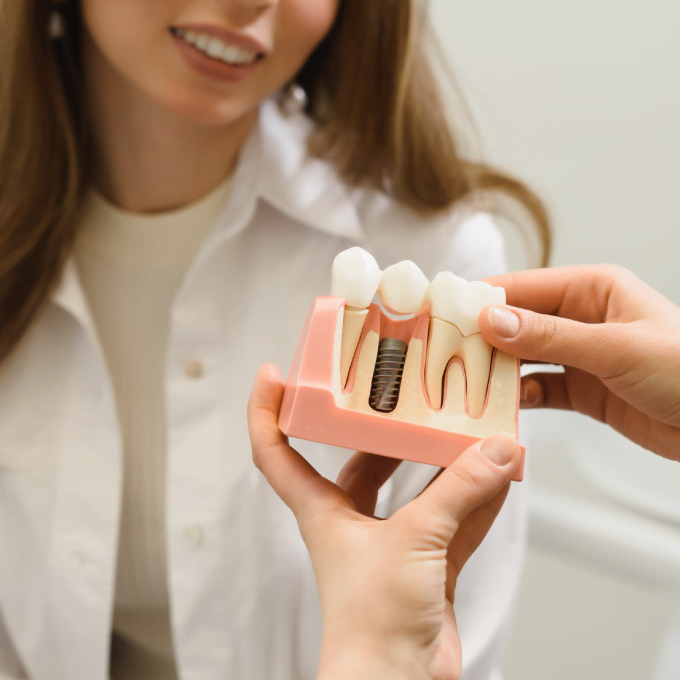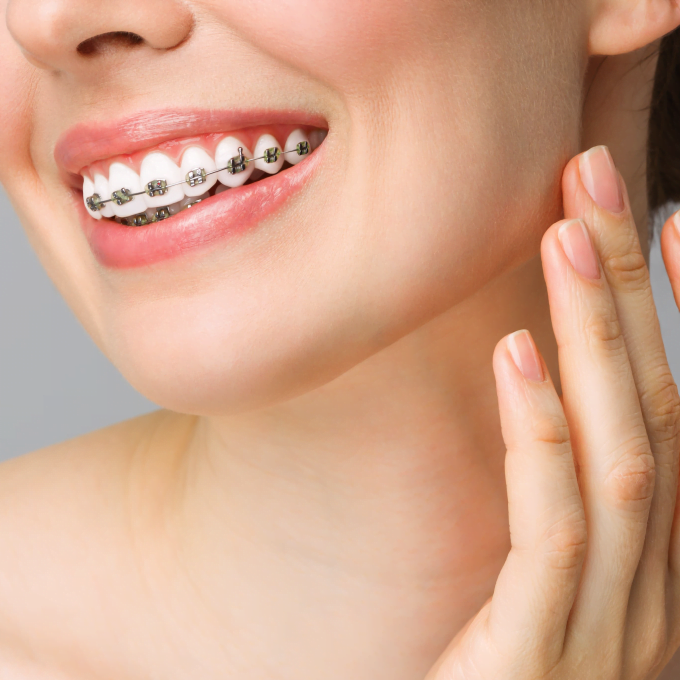Could sensitivity be telling you something?
Suffering from sensitive teeth is common – and more often than not it’s nothing to worry about. However, on some occasions, sensitive teeth can also be a warning of something more serious that requires investigation by your dentist.
What are sensitive teeth?
The symptoms of sensitive teeth vary depending on how severe the problem is. You might have mild twinges or discomfort when eating certain foods – such as cold foods or sugary foods, or you could have severe discomfort that lasts for a number of hours. Common complaints also include sharp, sudden shooting pains in the teeth – which are again usually a reaction to something hot, cold, sweet, or sour.

The causes
Teeth become sensitive when your gums begin to recede or pull back – exposing the delicate surface underneath your gum. This surface – the dentin – is filled with tiny tubes that lead to your tooth’s nerve centre. Because of this, any triggers – as mentioned above – have more chance of reaching the nerve in your tooth, which in turn causes pain.
The fact you’ve got sensitive teeth needn’t be something to be concerned about though. Brushing your teeth too hard or grinding your teeth at night can result in dentine become exposed as tooth enamel is worn away. However, sometimes tooth enamel wear is a result of something more worrying – such as dental erosion, gum disease, or a cracked tooth.

If you’re not quite sure what it causing your sensitive teeth, it’s best to get things checked over by your dentist. We’ll be able to diagnose problems like gingivitis, periodontitis and gum disease – hopefully before it’s too late.
Preventative solutions
Keeping your teeth free from sensitivity is easier than you might think.
- Keep up a good dental care routine and avoid brushing your teeth too hard. Make sure you change your toothbrush every two to three months too.
- If you grind your teeth at night, ask your dentist about having a mouth guard fit to wear at night.
- Avoid acidic and sugary foods where possible – eating them at meal times only.

If you’ve already got sensitive teeth there are a few things you can do to help:
- If your sensitive teeth are a result of an underlying problem – such as a cavity – your dentist will be able to help by fixing the cavity or replacing a filling.
- If general wear and tear has resulted in sensitive teeth, you might like to use a sensitive toothpaste to help you manage the sensitivity. When used on a regular basis, sensitive toothpaste can help alleviate the problem by blocking off the nerve endings.
- It’s important to avoid triggers too. If you know that cold foods like ice cream trigger pain, try to avoid them for a few weeks.
If your sensitive teeth are causing you pain, why not book an appointment to see us today? You can contact the team on 01243 297 000.








 Dentures
Dentures
 Dental Implants
Dental Implants
 Braces
Braces
 Teeth Whitening
Teeth Whitening
 Smile Makeover
Smile Makeover